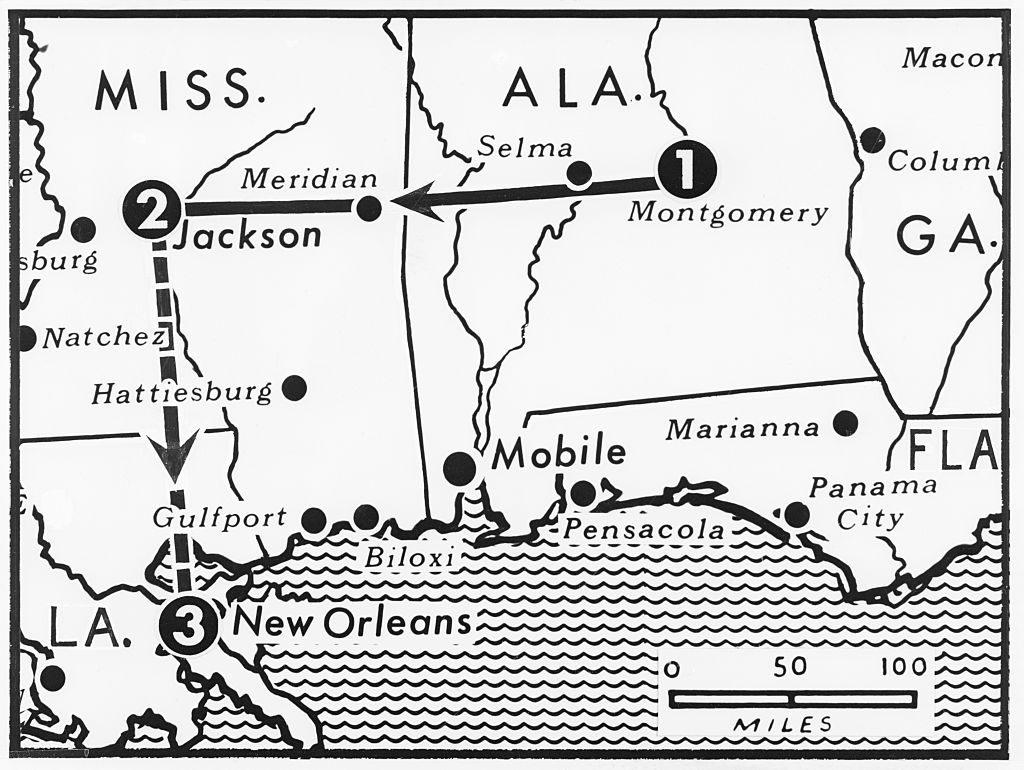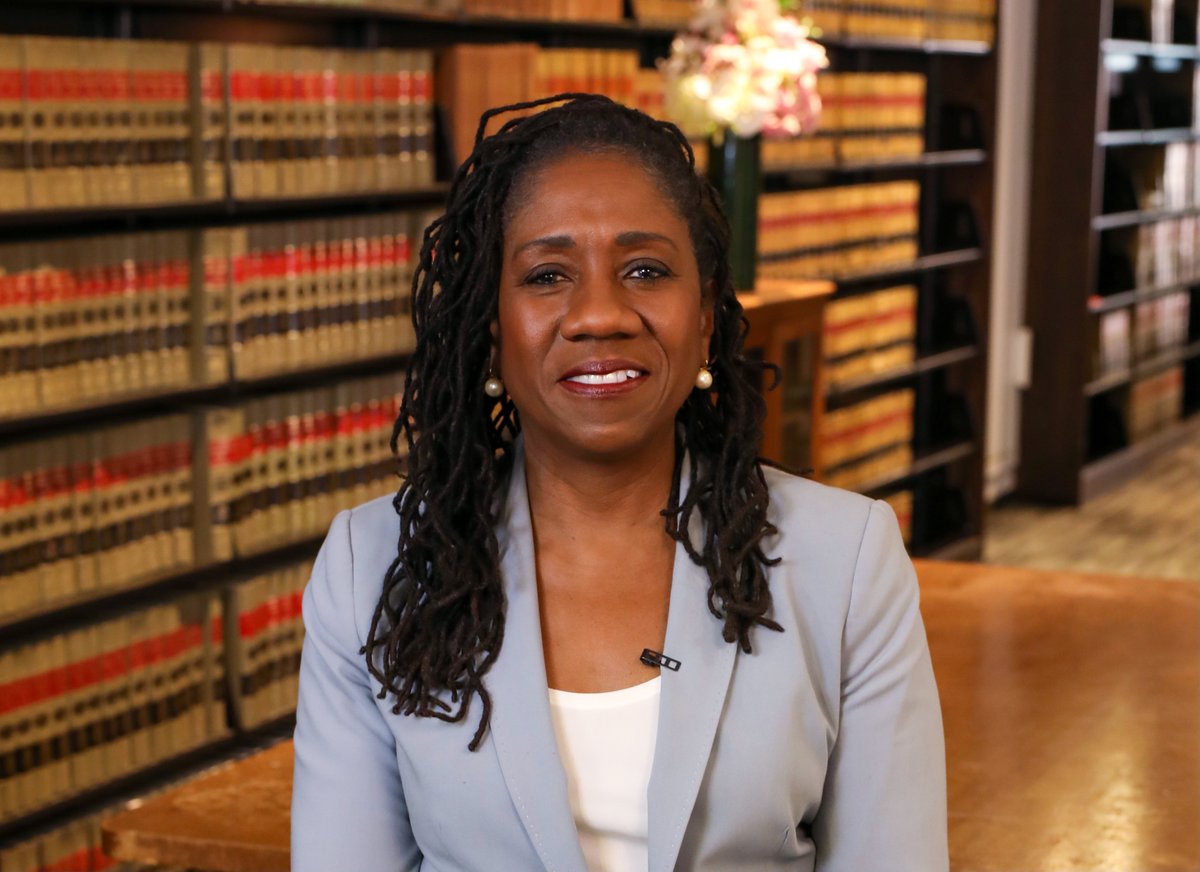LDF is proud to announce the inaugural cohort of the groundbreaking Marshall-Motley Scholars Program!
The program will endow the South with the next generation of civil rights lawyers trained to provide legal advocacy of unparalleled excellence.
naacpldf.org/press-release/…
The program will endow the South with the next generation of civil rights lawyers trained to provide legal advocacy of unparalleled excellence.
naacpldf.org/press-release/…

Born and raised in Nashville, Tennessee, Ashley Fox has a profound passion for racial justice. The human cost of conditions for Black people – particularly in the South – results in Ashley’s commitment to pursuing the practice of civil rights law. 

Briana Hayes derives much of her inspiration from childhood growing up in Baxley, Georgia, where she witnessed racism in her classroom as a child and how it negatively impacted so many students. This gave her the zeal that would catapult her passion for social change forever. 

Dominique Erney is from Gainesville, Florida. As a student at Harvard University, she sought to educate herself thoroughly on the systemic and historic anti-Black racism in America and gain the skills to dismantle it to make room for a new world. 

Kendell Long is a Dallas, Texas native. Growing up in a state with one of the highest incarceration rates in the country inspired his interest in criminal justice. Kendell’s commitment to racial justice stems from the belief that his existence is tied to his community. 

Markus Reneau was born in New Orleans, Louisiana. February 6, 2012, marks a trifecta of hallmarks for Markus. It was the day that Trayvon Martin was murdered. It was Markus’s fifteenth birthday. And it was the start of his interest in civil rights litigation. 

Maydrian Strozier-Lowe is a St. Louis, Missouri native. His enthusiasm for political involvement and voting rights activism grew after watching his parents encounter a legal system rife with inequities and lawyers who worked against their interests. 

Princess Jefferson is from Houston, Texas. As a full-time student at Bryn Mawr College, Princess worked 30-hour weeks between 3-5 jobs to provide for her family in Houston. During this time, she continued to excel in her political science academic endeavors. 

Shandrea Sellers is a Montgomery, Alabama, native and graduate of the University of Alabama. Determined to disrupt the school-to-prison pipeline found in predominantly Black schools, Shandrea has served in many educational roles in Houston. 

Traelon Rodgers is a Dallas, Texas, native with a remarkable history of civil justice advocacy. His first call to action came in the form of marching, lobbying, and protesting as he sought justice in response to the shooting death of Michael Brown in Ferguson, Missouri. 

Victor Olofin is a South Florida native who graduated from Florida State University, where he studied political science. He plans to use a law degree to bring much needed change to the criminal justice system that disproportionately targets Black people in America. 

.@Sifill_LDF underscores the importance of the Marshall-Motley Scholars Program: 

• • •
Missing some Tweet in this thread? You can try to
force a refresh















